And suddenly certain doubts come creeping in about our daily habits. Is it sustainable? – This question comes to our minds more and more often. Sustainability has become a huge topic which arises when we shop, travel, choose our means of transport, live, invest or even vote. The question of sustainability now comes up in almost every decision and forces us to confront ourselves with the complex facts.
But what is meant by “sustainability”?
What
characteristics of products, services, production methods or worldviews – to
name just a few – are actually at stake in the question of sustainability? We
feel that there is more behind this than just our assessment of the longevity
of a product or the environmental compatibility of its production. We feel that
something very fundamental is at stake, namely our right to treat the world,
its resources, creatures and developments carefully, correctly and in many
cases differently than usual.
Sustainability
is first and foremost a goal. This goal was not just defined now, it was
formulated hundreds of years ago. In concrete terms, the aim at that time was
to manage forests only in such a way that only the amount of wood that could
grow back was removed.
This brings
us closer to an understanding of sustainability. Already in the 14th century it
was clear that future generations would not find any trees, construction timber
or firewood anymore, if too many trees were chopped down.
Sustainability therefore has so much to do with our present – but also with how our present behaviour affects the future, the generations of our children and grandchildren. One can therefore also call this behavior “grandchildren friendly” which is behind the term “sustainability” and which is means for example, to operate in such a way that the chances of future generations are not diminished. In the broadest sense, it is therefore a matter of the future compatibility of our actions, not only in an economic way, but also in a social and ecological way.
Is sustainability the philosopher’s stone of the 21st century?
It quickly
becomes clear to us how big and complex this question of sustainability is. Can
a product actually be produced in such a way that it is economically, socially
and ecologically sustainable? Can we succeed in bringing economic, social and
ecological goals, which often contradict each other, down to a common ground in
terms of quality? Is the resolution of these contradictions solely a question
of politics, business or science, the elixir of life or the philosopher’s stone
of the 21st century? Should or must we wait until this stone is
actually found?
Of course, the answer to this question is “no”, and this leads us back to the introductory problem and thus to our daily life which sometimes consists of little thoughtless decisions, for example when buying clothes, when choosing a holiday destination or what comes on the table on a sunday.
Nutrition as an example of sustainability
Food is a
good example to illustrate the issue of sustainability. Of course, we
appreciate the incredible variety of products and the reasonable prices. Our
diet, for example, accounts for the largest share of our personal ecological
footprint with around 35%, which is more than living, our mobility or our other
consumptions. In other words, what we usually eat in our latitudes accounts for
more than a third of our consumption of natural resources. That’s why it’s so
obvious to address the sustainability issue by focusing on our eating habits.
Let me give you an example: for our hunger for meat, we now use more than 30% of the planet’s surface area to produce meat. In addition to the massive consumption of land and water for animal feed and livestock production, we accept huge amounts of animal emissions. Producing and consuming less meat therefore has lasting consequences, not only for the environment, but also for our society and health and they are directly linked to our everyday behaviour. The idea of eating more sustainably could therefore be a very conscious decision to reduce meat consumption and eat more vegetable food. So less sausages and roasted meat for a personal contribution to a more grandchildren friendly world?
Sustainability thoughts and actions at Verival
“Of course,” some will now object, “Verival is a producer of breakfast products. You have an economic interest in more sales of plant-based products.” This is the case and we do not want to contradict this here at all. We at Verival are seriously concerned with the sustainability issue and it plays an important role in the selection of our ingredients, the regionality of our production, the selection of our suppliers, our production processes, the packaging in which our products are received by consumers and what these products cost. This question also confronts us with the task of constantly questioning and changing our habits and ways of thinking. We are glad that we are not alone in this.
We would
like to communicate more on the subject of “sustainability” and ideas
for a more sustainable life in loose succession through this blog.
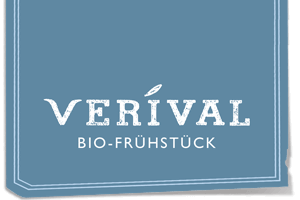



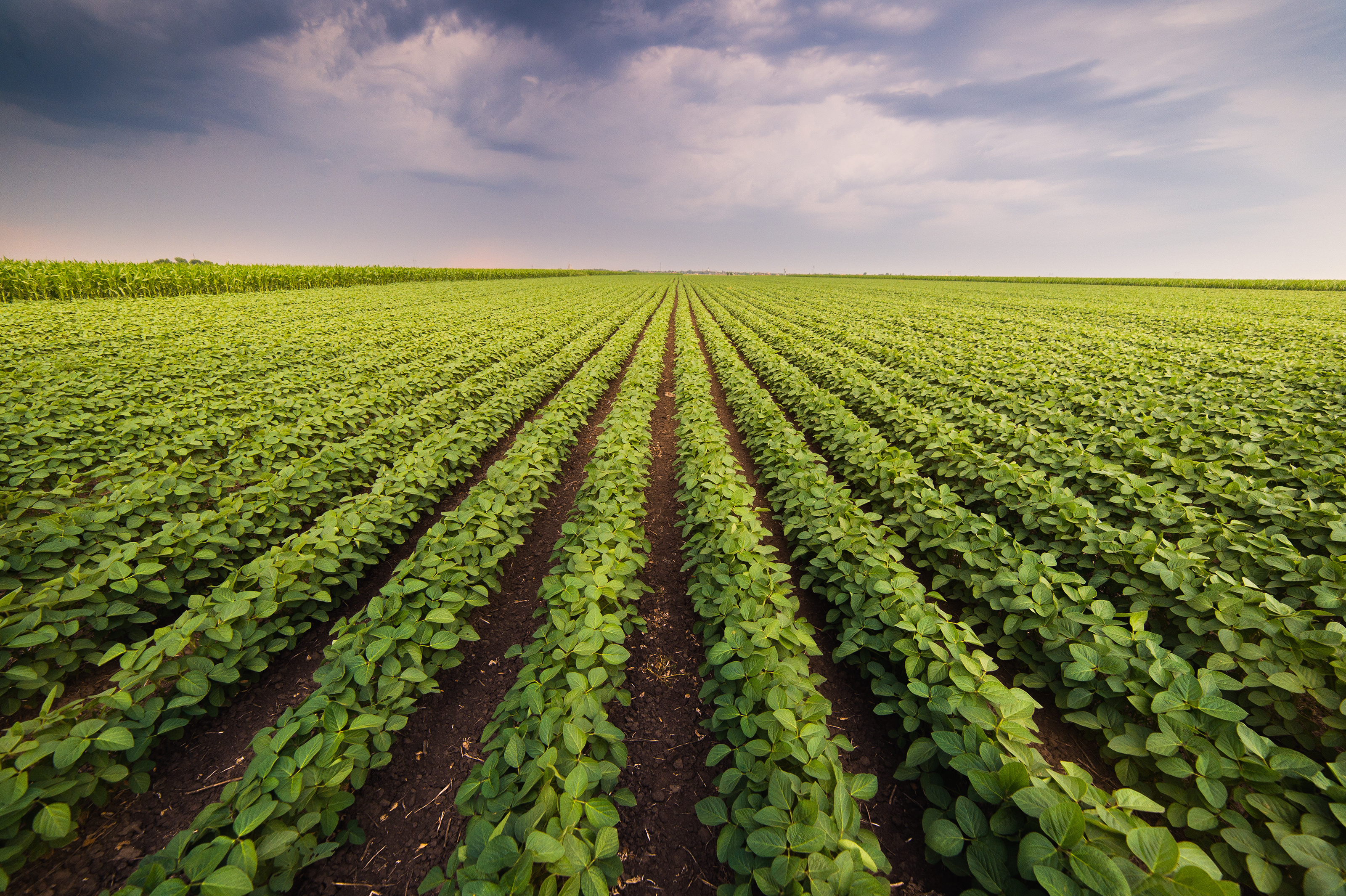
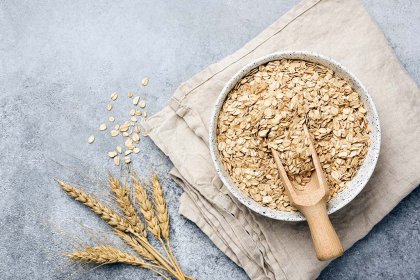
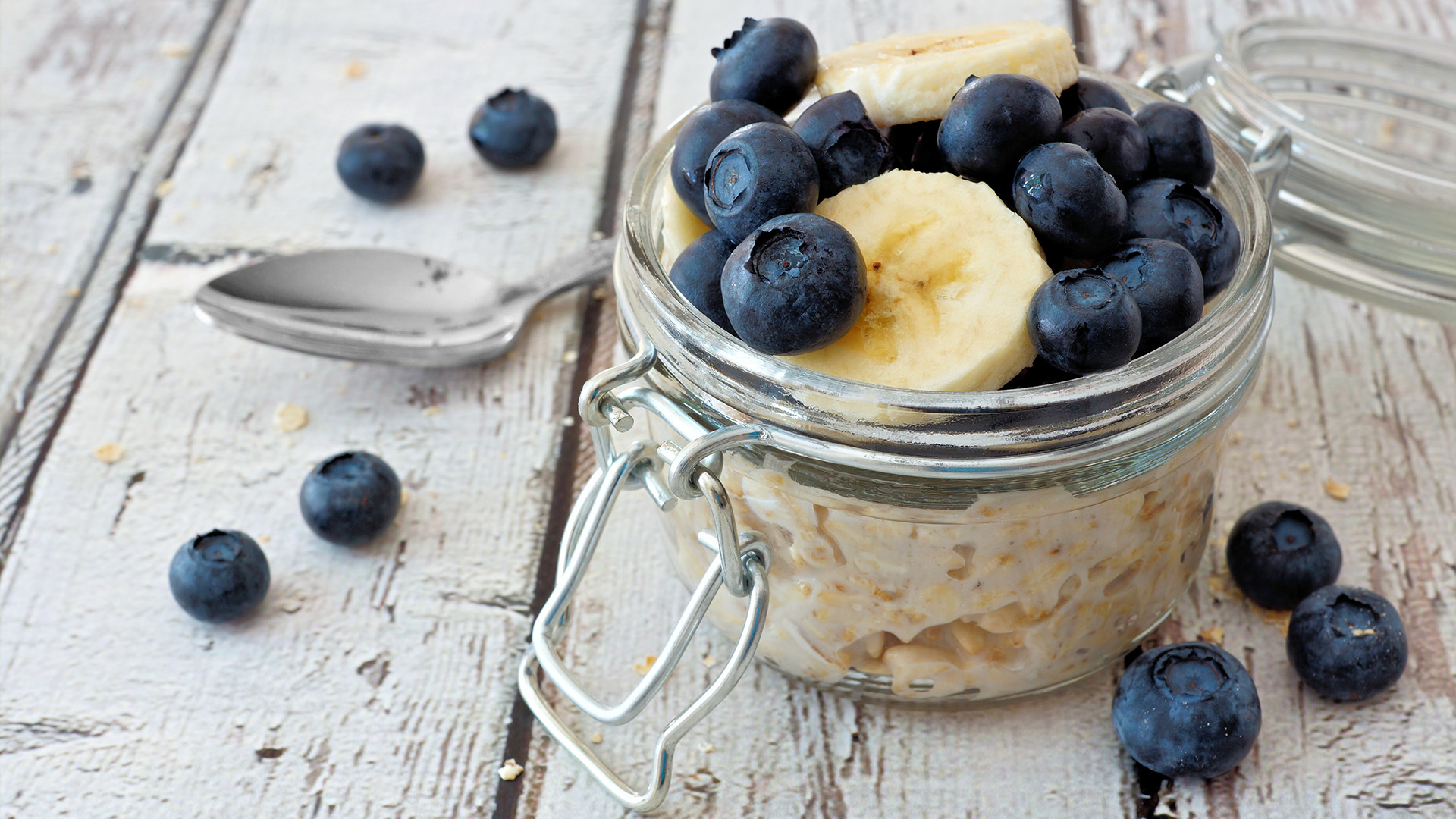
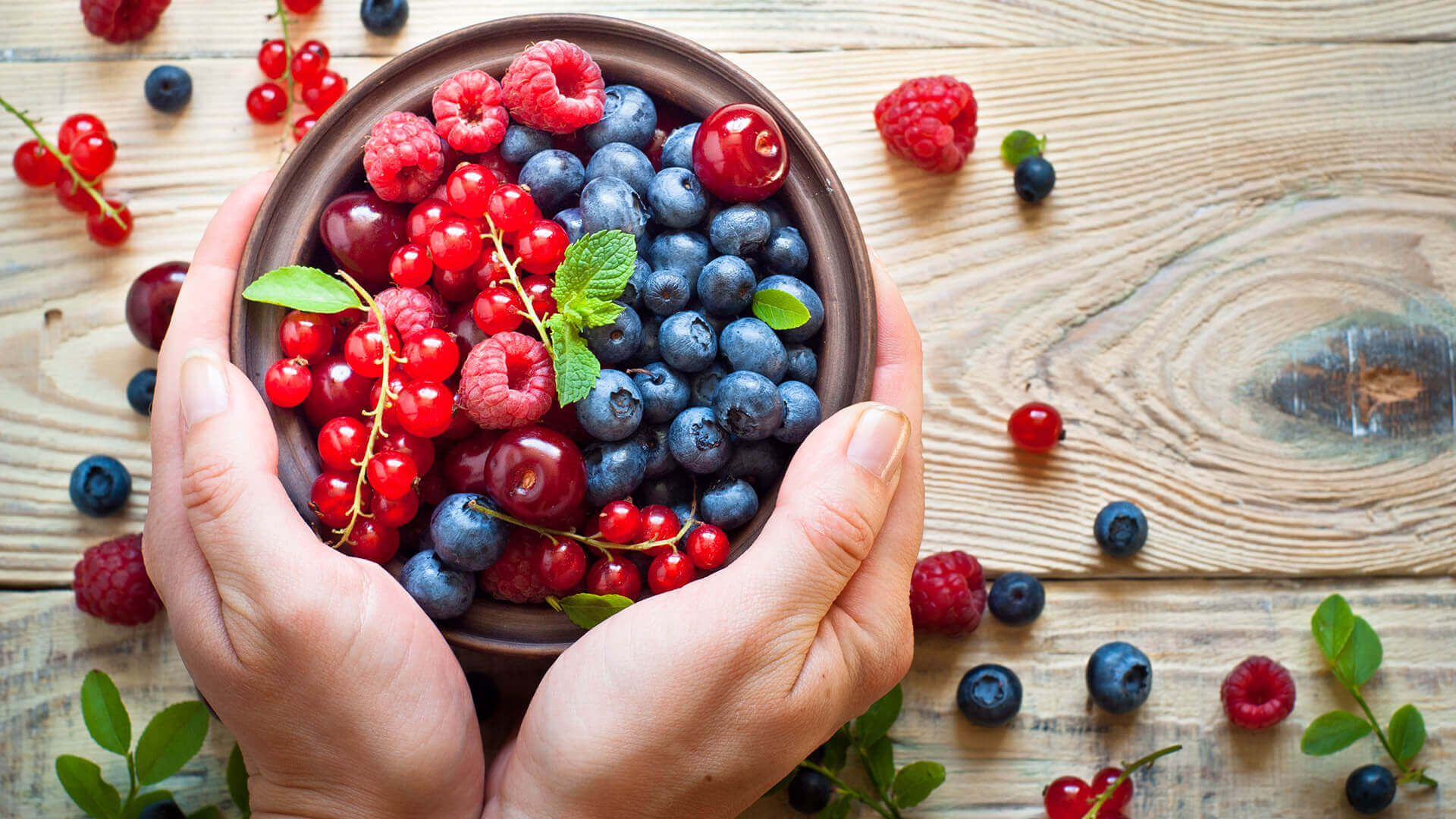
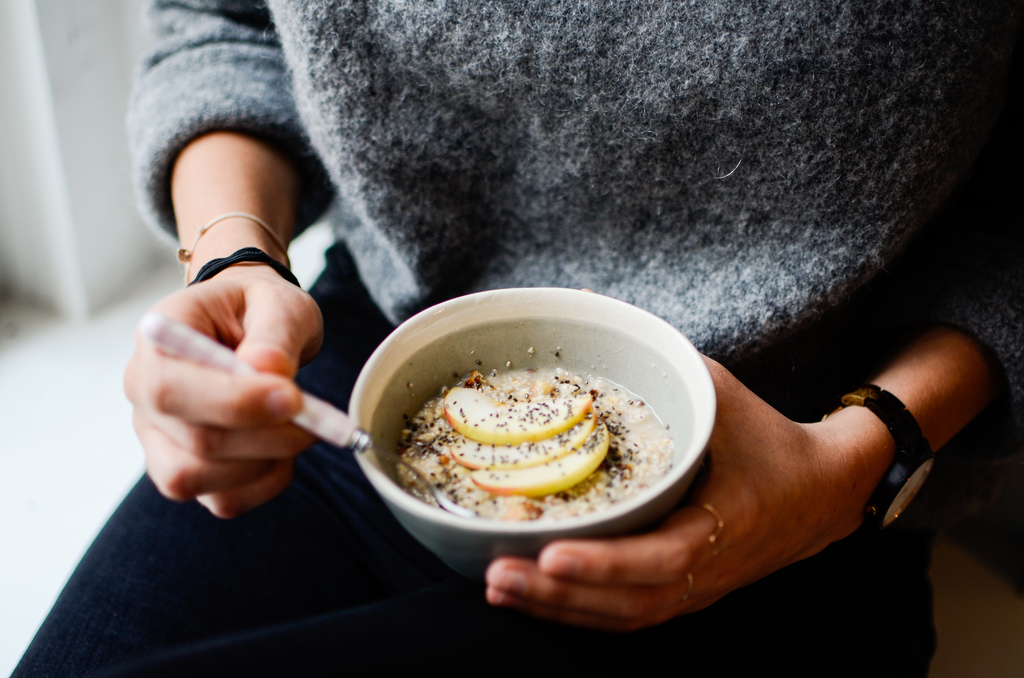
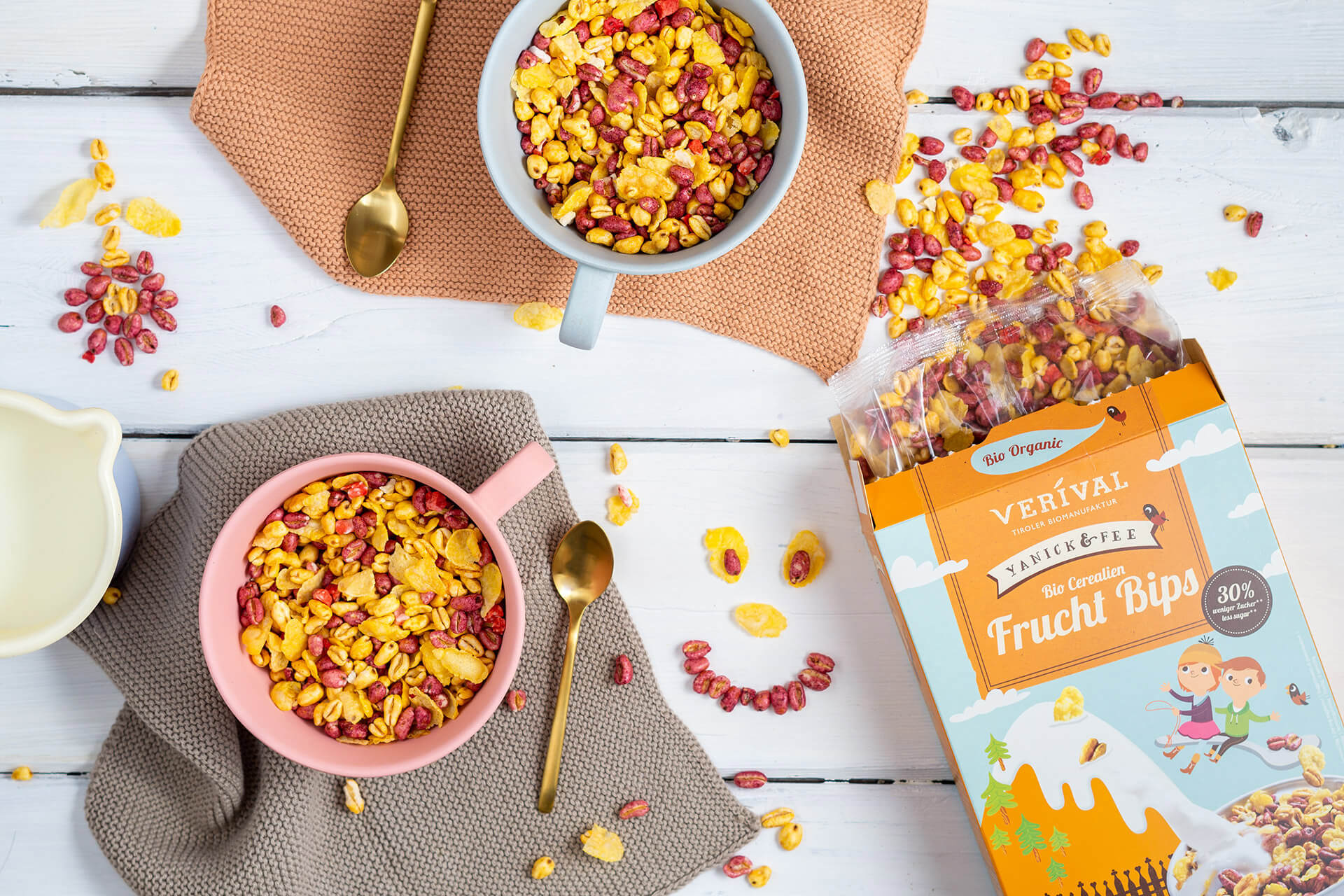
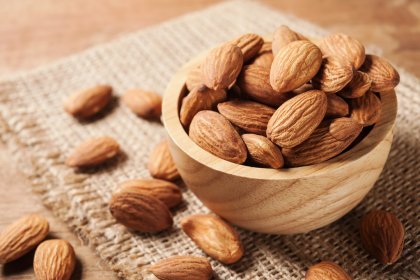

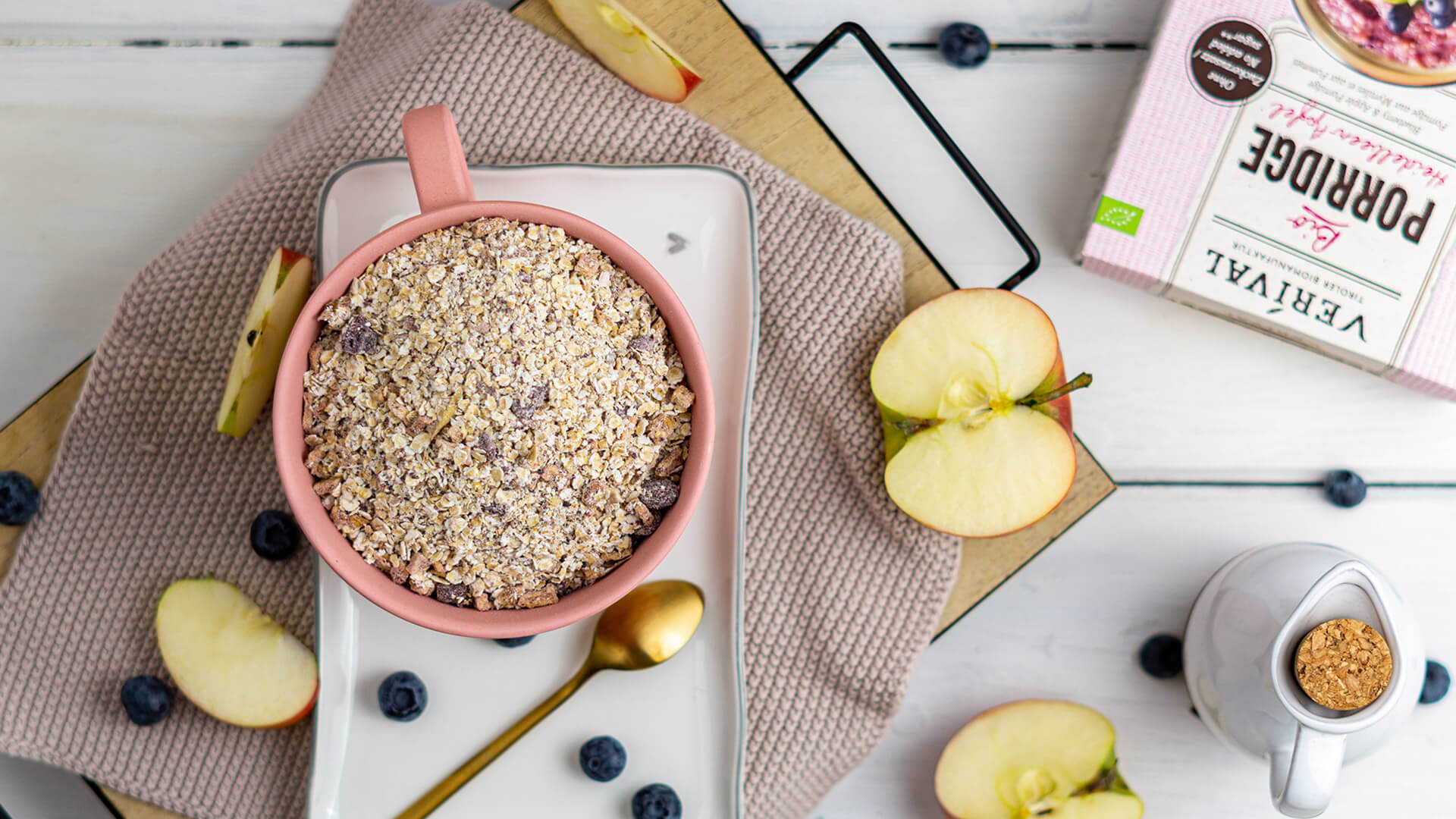
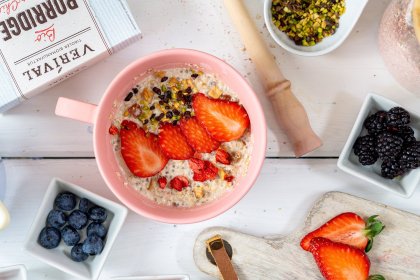
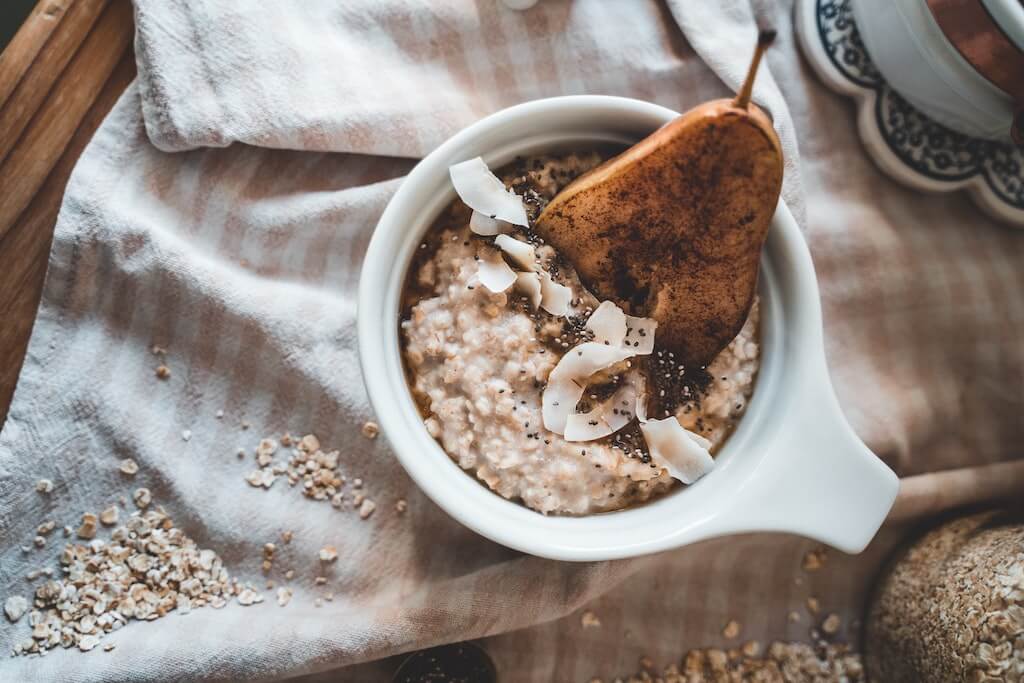
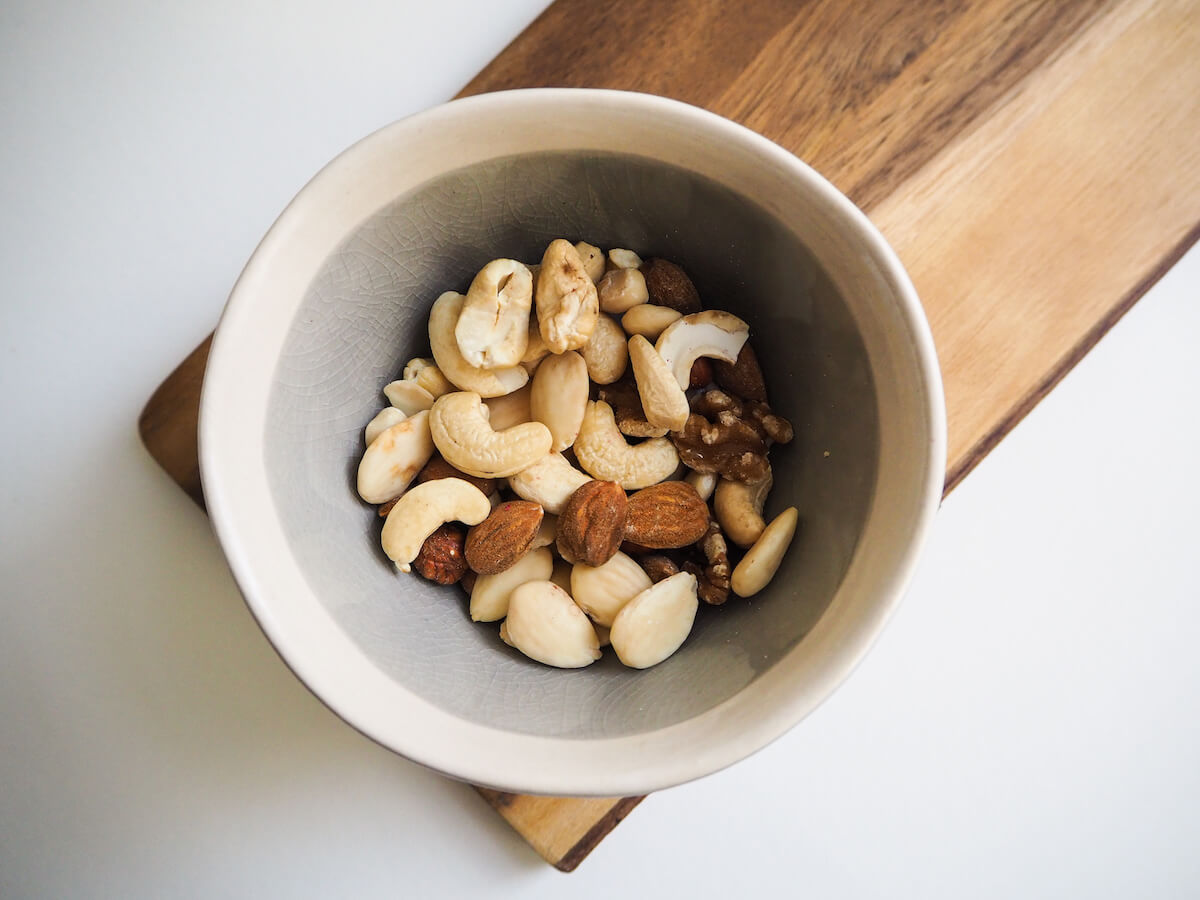

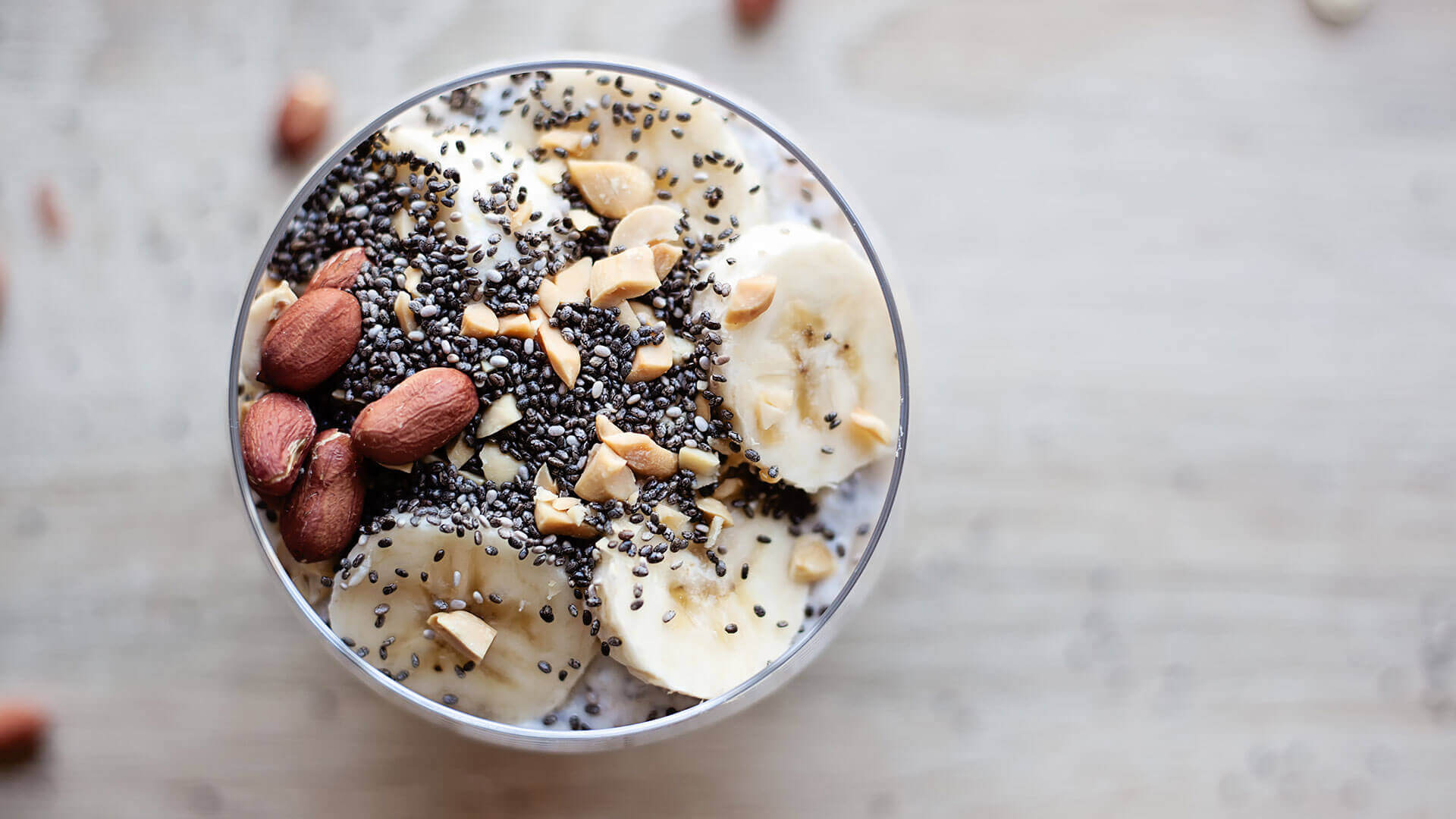
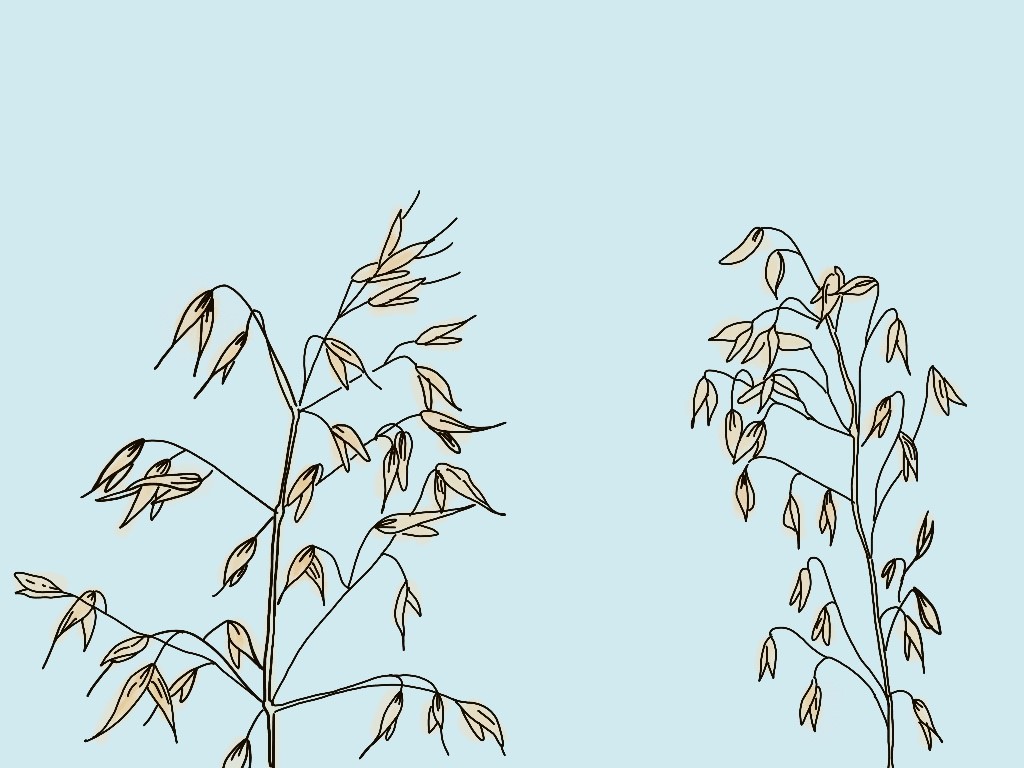
Do you like this post? Share it with friends: